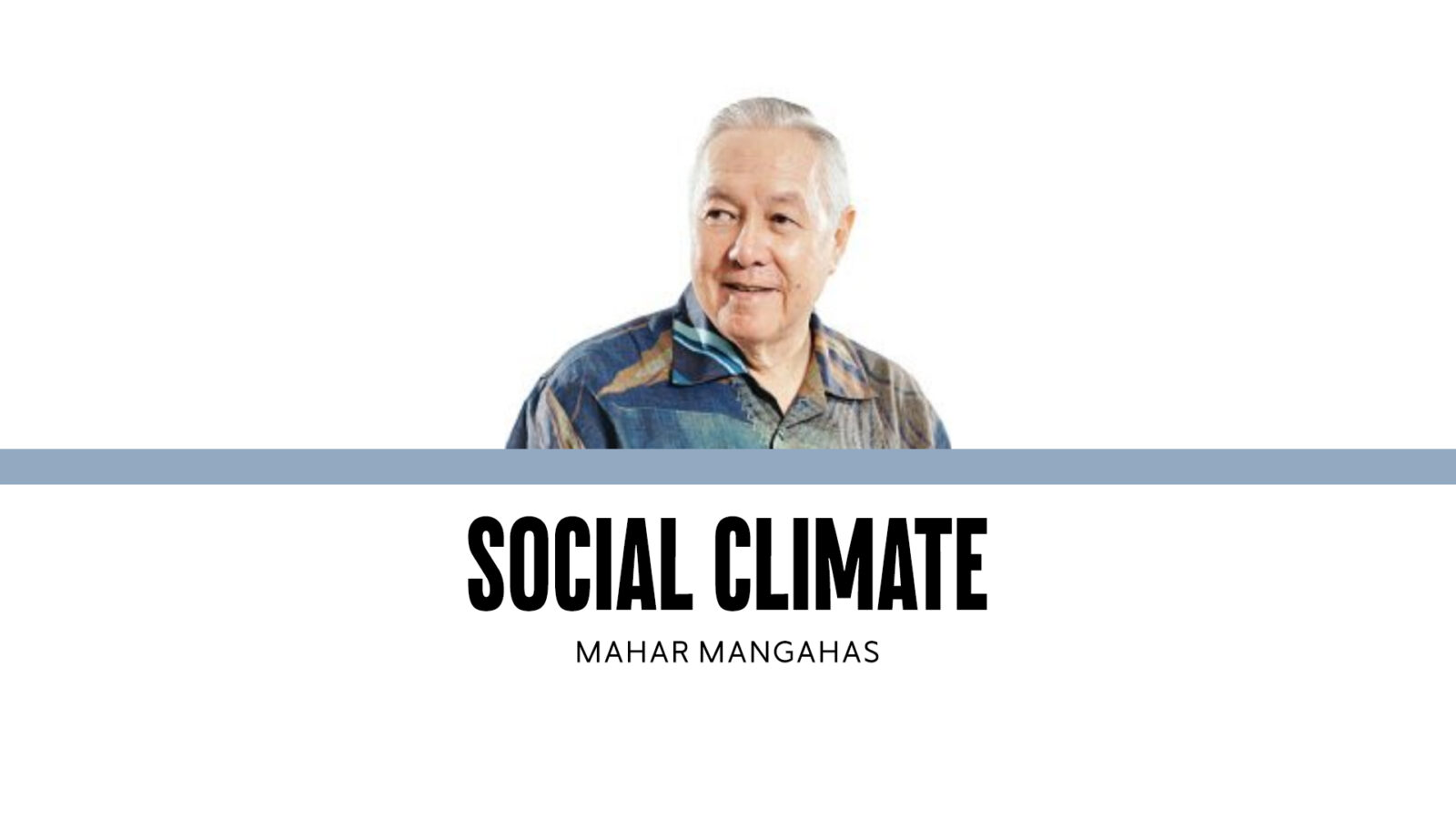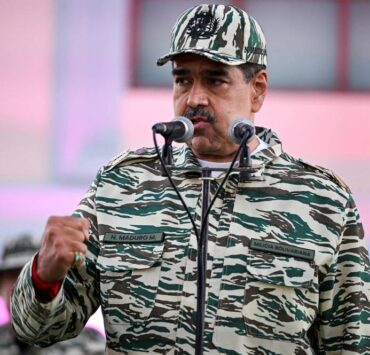What for, GNP?

Whatever the government spends for–be it flood control, highways, classrooms, Congress, or the Office of the President–is part of the Gross National Product (GNP), the time-revered measure of the size of the economy. Why reduce any of those things if the top goal is to maximize economic growth? Why not let the government spend more?
The rationale, of course, is that the government knows better how to allocate its funds than the taxpayers who ultimately foot the bill. After all, what the taxpayers would probably buy with their tax pesos would be part of GNP as well. It’s all a matter of trust as to who spends more wisely, for the good of the people. The trouble at the moment is that so much of the government’s money is apparently being stolen and therefore not doing any good at all.
Much of GNP, including the honest parts, is instrumental, rather than directly beneficial. Some spending for security–the armed forces, the police (both public and private), and the courts–is necessary for orderly life, work, and business; but when added on to the market value of the goods and services that people consume, it constitutes double-counting and over-estimation. Imagine the sum of the world’s GNPs if each nation’s cost of military spending were deducted!
Most of us Filipinos don’t know what GNP means (trust me on this). But neither do many of us need to know. Philippine economic growth was adequate in the 20th century, even though our GNP was first calculated (by the Central Bank) only around 1950. GNP per capita, or GNP divided by the population, is only the arithmetic of what one Filipino could get under equal sharing. It’s not an indicator of well-being; it’s only an illusion of it, since equality never happens.
The one sector that always benefits from general GNP growth is the finance sector. More business, of any sort, needs more banking. It’s always the banks that are busiest in forecasting GNP, since they know it correlates with their bottom line.
Of course, the GNP needs to grow a bit, to provide for the continuing growth of the sheer number of Filipinos. With annual population growth now just below 1 percent, it will take a little over 69 years to double, whereas not too long ago, when annual growth was 3 percent, it took exactly 23 years–this is the Law of 69. The sooner we reach zero population growth, the better; meanwhile, GNP growth above 1 percent is no problem.
Human well-being has no single measure. It can be meaningfully measured by a set of measures, the most useful being the United Nations’ Sustainable Development Goals (sdgs.un.org). The term “sustainable” is an important reminder that we in the present must remember to plan for the well-being of our descendants in the future. We cannot expand our space on this planet through imperialistic acts, like other countries are trying to do. Let us use our present resources prudently, explore for new resources (especially in our maritime areas), and develop new technology all the while.
Among the 17 SDGs, I want to stress the first four: 1. No poverty, 2. Zero hunger, 3. Good health, 4. Quality education. Each of these is achieved by improving the conditions of people in the lowest strata of society, rather than the conditions of those in the upper and middle levels. The minimal condition matters much more than the average. Attending to the bottom is a function of good social governance, from both governmental and non-governmental institutions.
And then I also want to call attention to SDG No. 16: Peace, justice, and strong institutions, which should not be treated like an afterthought. Is it not the case that Filipinos who have less in life (SDGs one to four) also have less in law? The reason for the International Criminal Court’s intervention in our “war on drugs” is the appalling inadequacy of our national justice system.
It is true that countries with high levels of GNP per capita have achieved much more than the Philippines with respect to these goals; this is the cross-country evidence. However, in the case of the Philippines, the data on our achievements across time show a very weak connection to GNP. This implies a need for both stronger and better-targeted efforts to reach out to the poorest, the hungriest, the least healthy, and the least educated. These efforts do not come about automatically with GNP.
—————-
Contact: mahar.mangahas@sws.org.ph.
Dr Mahar Mangahas is a multi-awarded scholar for his pioneering work in public opinion research in the Philippines and in South East Asia. He founded the now familiar entity, “Social Weather Stations” (SWS) which has been doing public opinion research since 1985 and which has become increasingly influential, nay indispensable, in the conduct of Philippine political life and policy. SWS has been serving the country and policymakers as an independent and timely source of pertinent and credible data on Philippine economic, social and political landscape.





















Reading slowly, remembering deeply